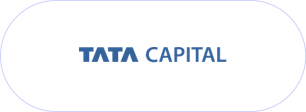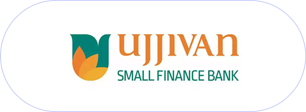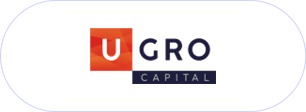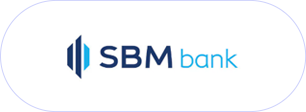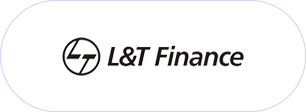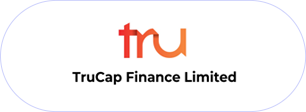Why our clients choose us
World-class tech platforms backed by next-gen tech
Our platform enables banks and corporates to deliver the full spectrum of supply chain finance solutions, offering unmatched flexibility and scalability. With full ERP integration, automated transaction documentation, and robust data security, our platform supports diverse financial needs with intuitive design and powerful analytics.

Deep Supply Chain Finance credit & Working capital expertise
We design tailored working capital solutions to meet each client’s unique needs, drawing on decades of experience in supply chain finance with leading banks. The Loan Frame team comprises senior banking professionals, engineers, data experts, and fintech innovators who bring deep insights and proven strategies to enhance recurring participation and drive sustained results.

Multi-lender network
Our platform seamlessly connects 20+ top Indian banks and NBFCs with hundreds of large corporates, creating a powerful ecosystem for financial growth. With over a decade of partnerships, we provide clients with access to a robust funding network across the finance and technology sectors.











